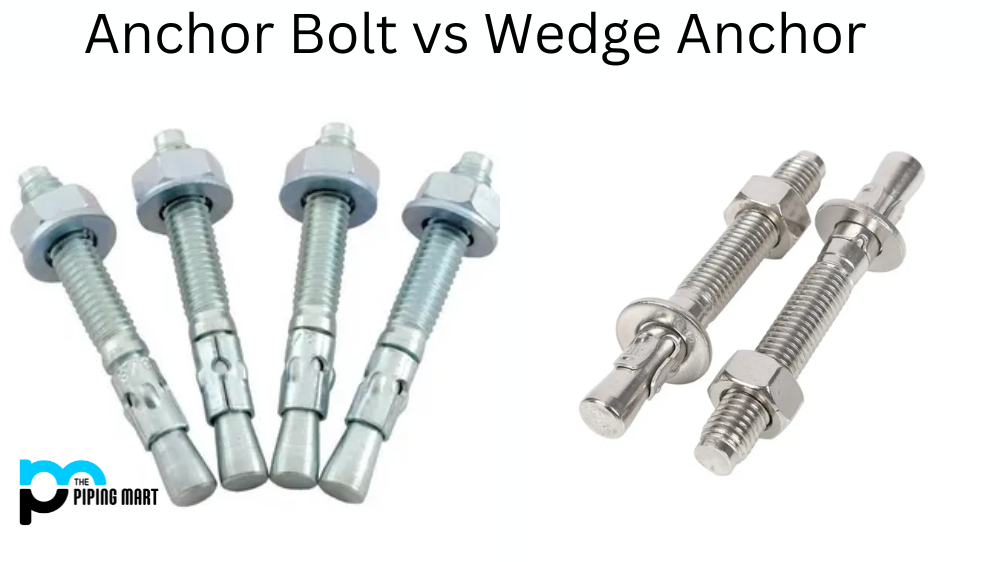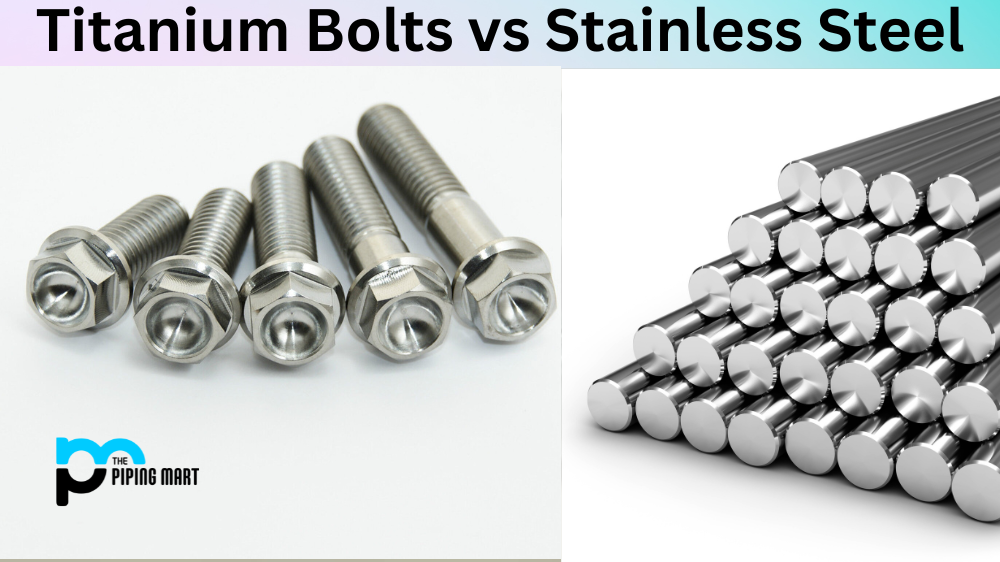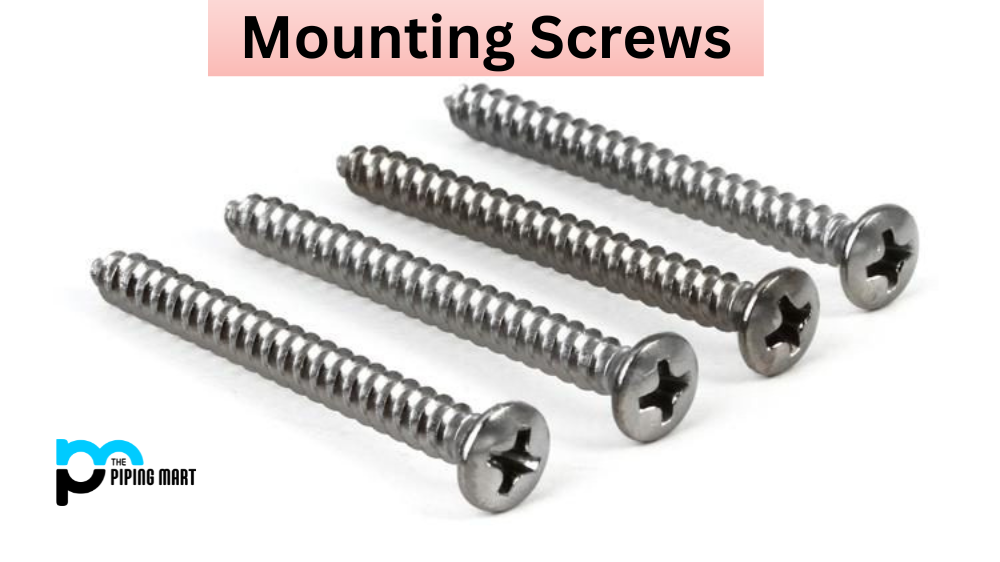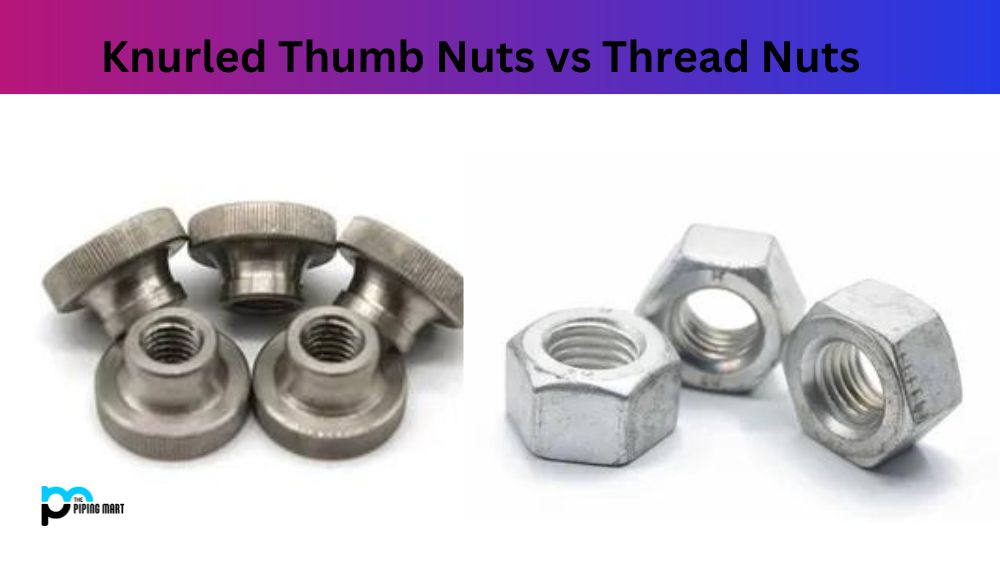Anchor bolts and wedge anchors are widely used to fasten heavy-duty equipment or machinery to concrete or other materials. Both are designed to provide support and stability, but they differ in their work and suitability for different applications.
In this blog post, we will take a closer look at anchor bolts and wedge anchors, highlighting their main features, benefits, and differences. Whether you are a construction professional or a DIY enthusiast, this information will help you choose the right fastening solution for your needs.
What is Anchor Bolts?
Anchor bolts are threaded rods inserted into drilled holes in concrete, masonry or other materials to secure heavy loads and prevent them from moving. The bolts typically have a hexagonal head at one end for wrench use and a flat head at the other for nut tightening. They come in different sizes, lengths, materials, and grades to accommodate various applications.
One of the key benefits of anchor bolts is their sheer strength, making them ideal for applications that require a high level of stability and weight-bearing capacity, such as installing machinery, structural steel connections, or heavy equipment. They are versatile and can be used in various outdoor and corrosive environments.
What is Wedge Anchors?
Wedge anchors, on the other hand, are expansion fasteners that secure objects to concrete, brick or block. They feature a threaded end inserted into a pre-drilled hole and secured by tightening the nut. The expansion clip at the bottom end of the anchor expands to create a secure grip on the concrete, providing a strong and durable connection.
Wedge anchors are easy to install and suitable for indoor and outdoor applications. They are particularly useful in applications that require high tensile strength or if the load is being pulled away from the fastener. They are also less expensive than anchor bolts, making them popular for DIY enthusiasts and small construction projects.
Main Differences Between Anchor Bolt vs Wedge Anchor
The primary difference between anchor bolts and wedge anchors is their installation method and suitability for different applications. While anchor bolts require more preparation and installation time, they deliver a much higher stability and weight-bearing capacity. Wedge anchors, on the other hand, are faster and easier to install but are better suited for less demanding applications.
Another difference between anchor bolts and wedge anchors is their holding capacity. Anchor bolts have a higher holding capacity, making them ideal for applications requiring high strength and stability. Although strong, Wedge anchors may not be suitable for applications requiring high tensile strength.
Another factor to consider when choosing between anchor bolts and wedge anchors is the environmental conditions surrounding the application. Anchor bolts are more appropriate for applications where the base material may be exposed to high temperatures, chemicals, or corrosive substances. In contrast, wedge anchors may be less effective in harsh environments and require regular maintenance to prevent erosion or wear.
Conclusion:
Anchor bolts and wedge anchors are essential fastening solutions in construction and DIY projects. Both offer unique benefits, but their suitability for specific applications should be carefully considered. Anchor bolts provide great stability and weight-bearing capacity, making them ideal for heavy-duty applications. In contrast, wedge anchors offer a fast and easy installation and are better suited for less demanding applications. Understanding the differences between these two fastening solutions allows you to choose the right one for your specific needs, ensuring a secure and long-lasting connection.
Sakshee is a talented blogger, with a particular focus on the Business and Metal Industry. She is passionate about sharing her insights on various metal products and helping professionals to make a better decisions.




